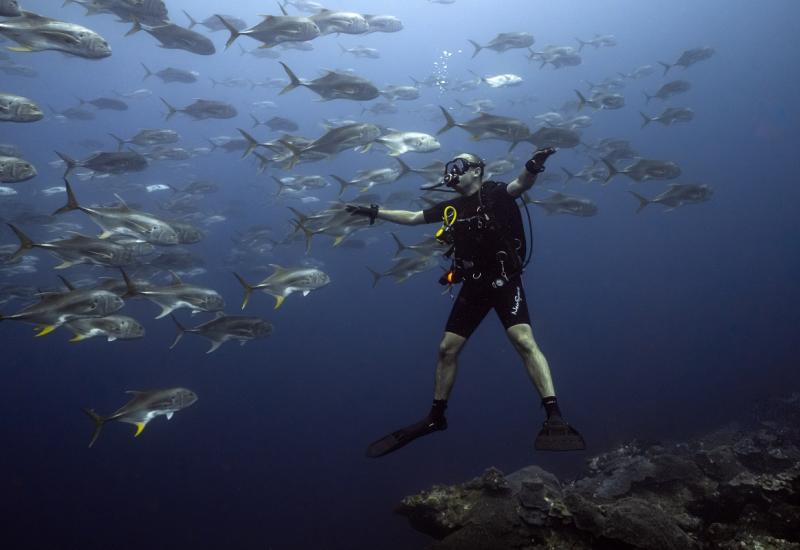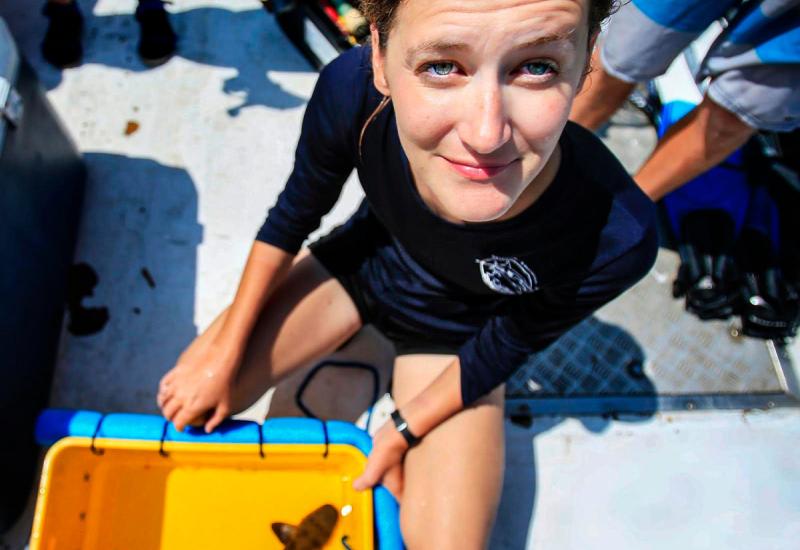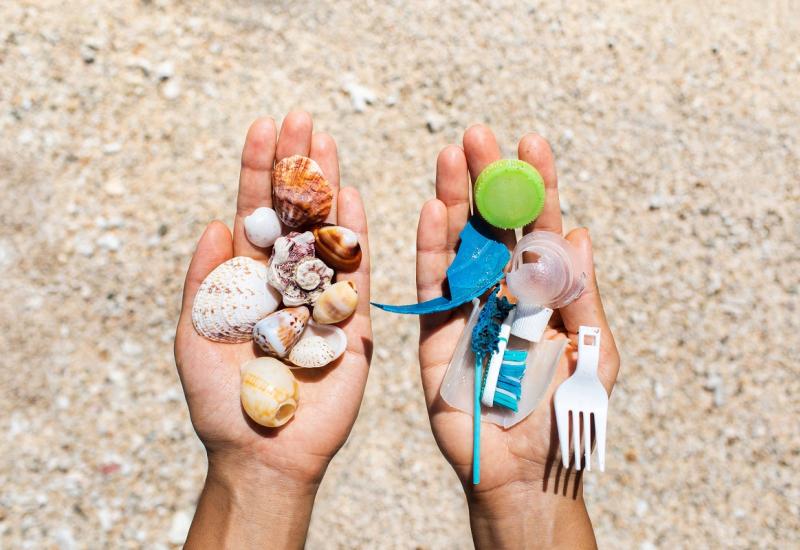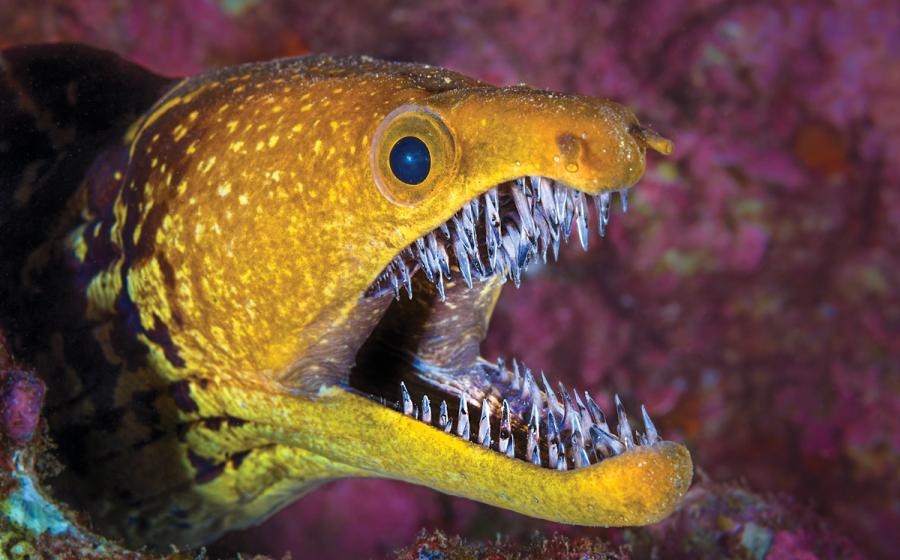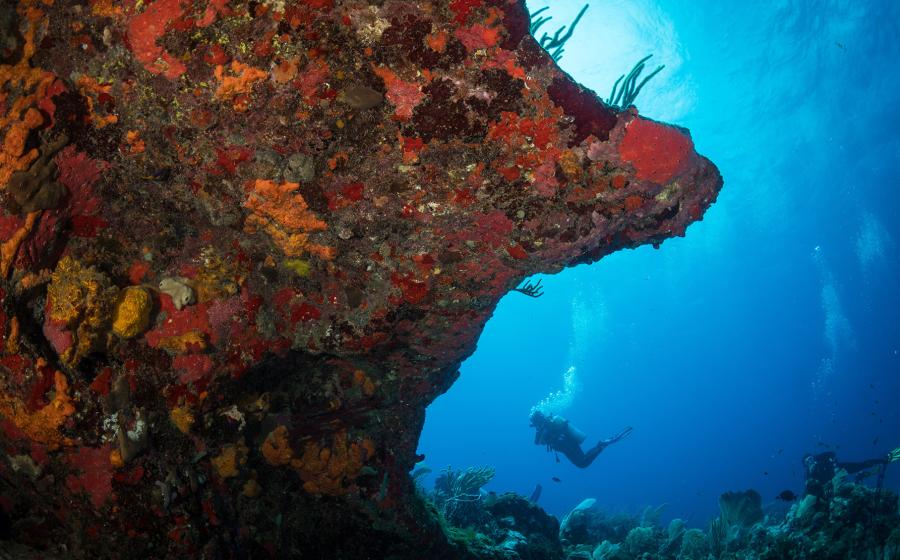Fight Invasive Lionfish Species in the Caribbean with REEF

Let's Go Fishing
You can participate in one of the many REEF-sanctioned lionfish derbies, where you can compete to catch the most, the biggest, and the smallest lionfish.
Alex Mustard / Naturepl.com
MISSION: Working to enact rapid-response protocols and removals of invasive lionfish to assist scientific investigations relating to the problem.
HQ: Key Largo, Florida
YEAR STARTED: 1994
CONTACT: reef.org
PROJECT: Powered by an army of divers, dive shops and partners, REEF’s invasive lionfish program takes an active approach to combatting the nonnative species, and protecting the marine ecosystems of the Atlantic, Caribbean and Gulf of Mexico.
1. EAT MORE LION FISH
Lionfish aren’t merely edible — they’re delicious! A growing number of restaurants have added lionfish to their menus. Opting for lionfish at a restaurant helps to increase demand, which in turn supports local fishermen who make their livelihoods by hunting the invasive creatures. Plus lionfish have higher levels of Omega 3 fatty acids than other fish, and are lower in mercury and saturated fats.
2. GET COMPETITIVE
Want to be on the front lines of the fight? Grab your gear and head for one of the many dive shops hosting lionfish derbies. During these REEF-sanctioned events, teams of divers spend a day netting and spearing as many lionfish as they can get their hands on. Prizes are awarded to teams that catch the most, biggest and smallest lionfish. Want to host a derby? Go to reef.org/lionfish/events to find out how.
3. DOWNLOAD
Tech-savvy conservationists can join the cause by downloading the Report Florida Lionfish app. A partner of REEF, the Florida Fish and Wildlife Conservation Commission worked with developer Solodev to create the app, which allows
users to submit photos documenting a lionfish sighting or harvest, and provides information on the invasive species. It’s free and available for iOS devices.
Check Out More Conservation Efforts You Can Help With
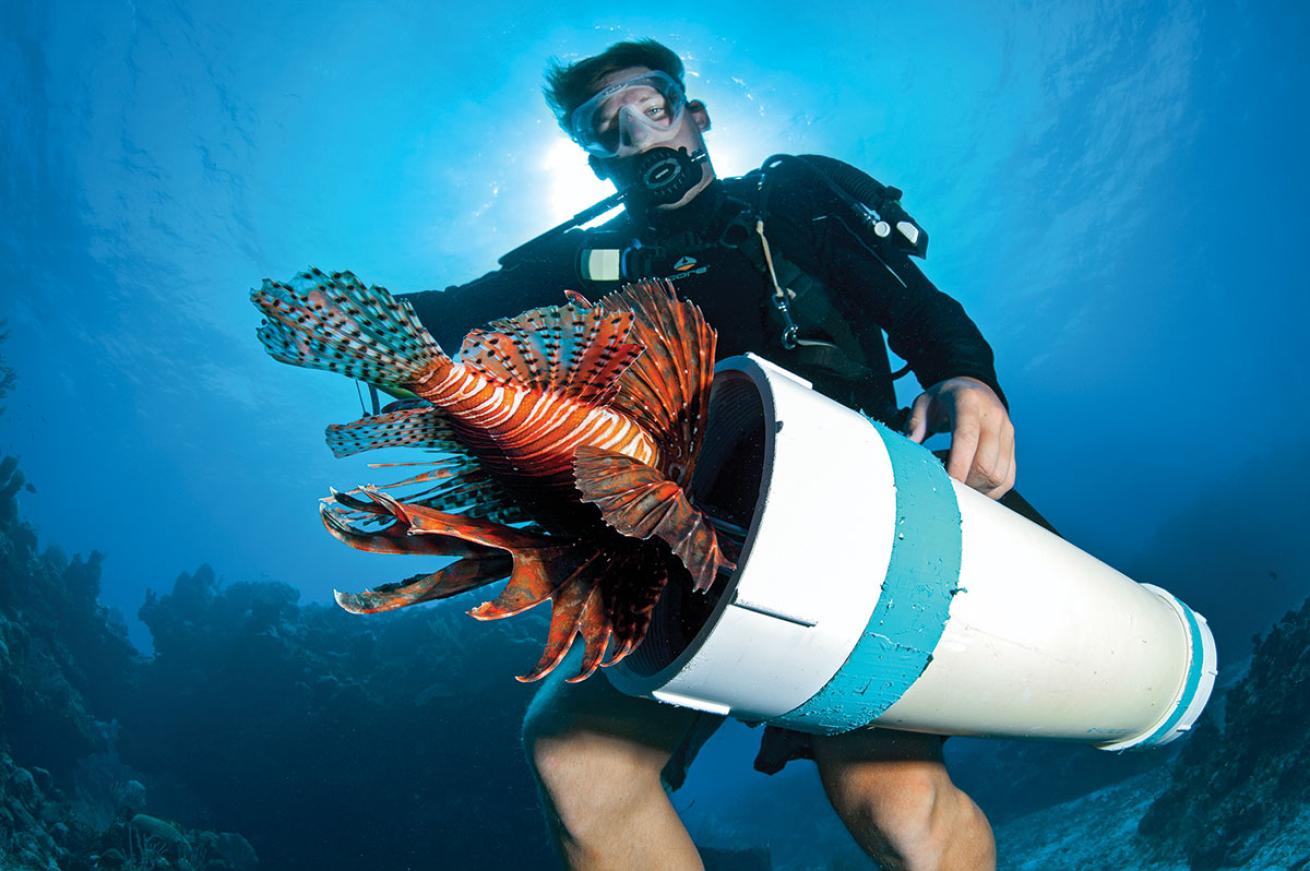
Alex Mustard / Naturepl.comLet's Go Fishing
You can participate in one of the many REEF-sanctioned lionfish derbies, where you can compete to catch the most, the biggest, and the smallest lionfish.
MISSION: Working to enact rapid-response protocols and removals of invasive lionfish to assist scientific investigations relating to the problem.
HQ: Key Largo, Florida
YEAR STARTED: 1994
CONTACT: reef.org
PROJECT: Powered by an army of divers, dive shops and partners, REEF’s invasive lionfish program takes an active approach to combatting the nonnative species, and protecting the marine ecosystems of the Atlantic, Caribbean and Gulf of Mexico.
1. EAT MORE LION FISH
Lionfish aren’t merely edible — they’re delicious! A growing number of restaurants have added lionfish to their menus. Opting for lionfish at a restaurant helps to increase demand, which in turn supports local fishermen who make their livelihoods by hunting the invasive creatures. Plus lionfish have higher levels of Omega 3 fatty acids than other fish, and are lower in mercury and saturated fats.
2. GET COMPETITIVE
Want to be on the front lines of the fight? Grab your gear and head for one of the many dive shops hosting lionfish derbies. During these REEF-sanctioned events, teams of divers spend a day netting and spearing as many lionfish as they can get their hands on. Prizes are awarded to teams that catch the most, biggest and smallest lionfish. Want to host a derby? Go to reef.org/lionfish/events to find out how.
3. DOWNLOAD
Tech-savvy conservationists can join the cause by downloading the Report Florida Lionfish app. A partner of REEF, the Florida Fish and Wildlife Conservation Commission worked with developer Solodev to create the app, which allows
users to submit photos documenting a lionfish sighting or harvest, and provides information on the invasive species. It’s free and available for iOS devices.
Check Out More Conservation Efforts You Can Help With

